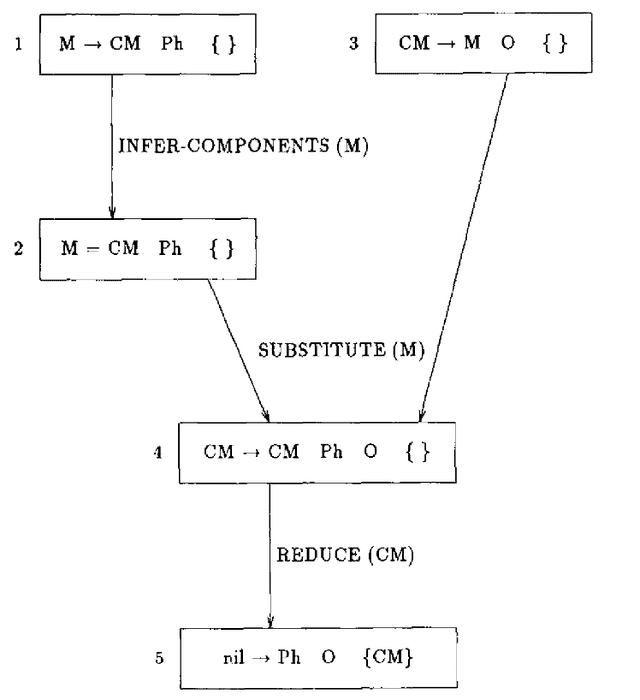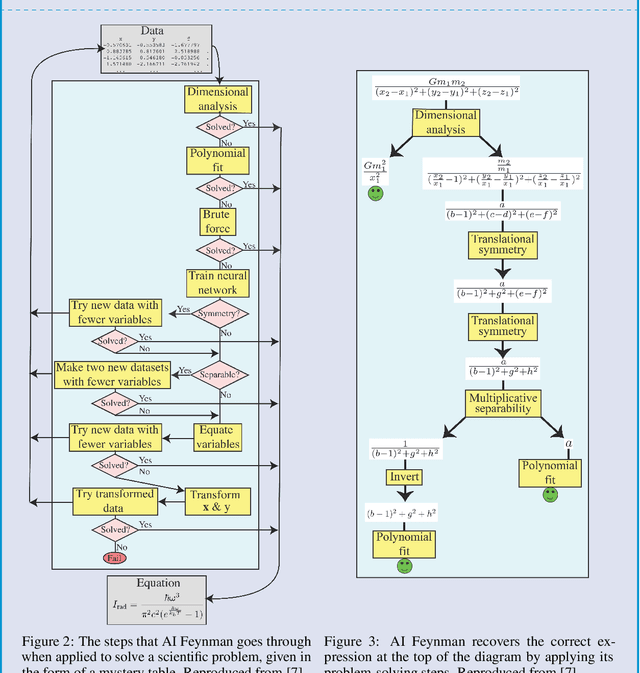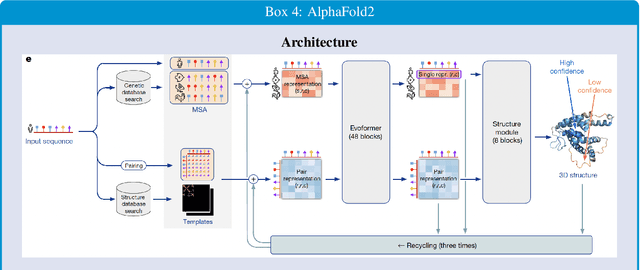Artificial intelligence for science: The easy and hard problems
Paper and Code
Aug 24, 2024



A suite of impressive scientific discoveries have been driven by recent advances in artificial intelligence. These almost all result from training flexible algorithms to solve difficult optimization problems specified in advance by teams of domain scientists and engineers with access to large amounts of data. Although extremely useful, this kind of problem solving only corresponds to one part of science - the "easy problem." The other part of scientific research is coming up with the problem itself - the "hard problem." Solving the hard problem is beyond the capacities of current algorithms for scientific discovery because it requires continual conceptual revision based on poorly defined constraints. We can make progress on understanding how humans solve the hard problem by studying the cognitive science of scientists, and then use the results to design new computational agents that automatically infer and update their scientific paradigms.
 Add to Chrome
Add to Chrome Add to Firefox
Add to Firefox Add to Edge
Add to Edge